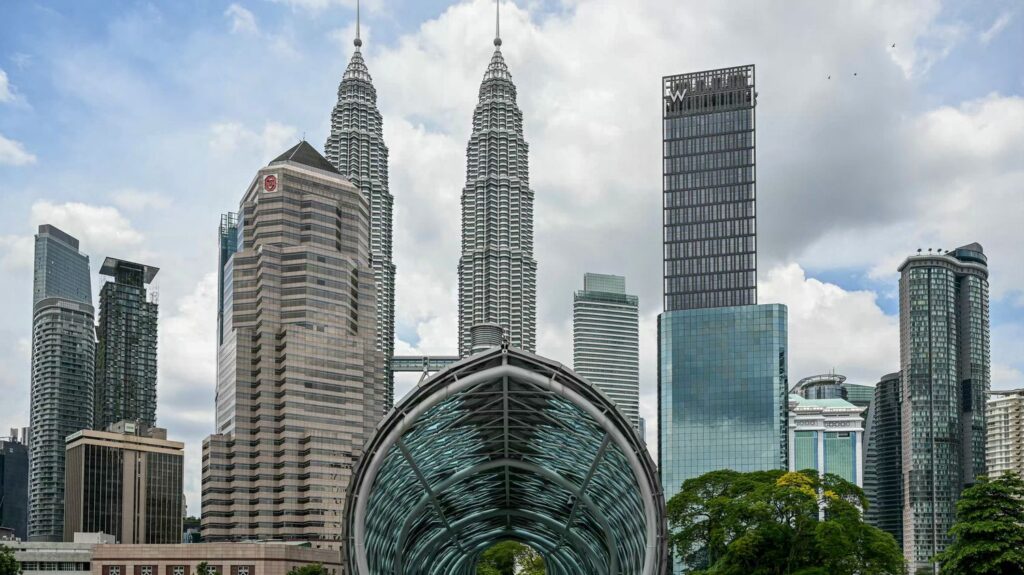The French state is not the only one to seek to reduce its deficit, the Malaysian government has also just started a tax reform. To fill out his boxes, he decided to tackle products and services, which he deems non-end, such as mangoes, red wine or even sports hall inscriptions.
Published
Reading time: 2min
/2025/07/17/malaisie-6878cffd31f70185985574.jpg)
Malaysia has long suffered from a very important tax deficit, that is to say that its government spent each year more than it could collect in taxes. The deficit exceeded 6% after the covid, and the government wanted to drop it within 4% in 2025. It therefore adjusted, which is called in the country of 35 million inhabitants, the tax on services and sales. It has existed for a long time, but on July 1, it was increased and above all, it was extended to a lot of products described as non-session.
The government’s idea is to save everyday products, such as rice, chicken or vegetables, so as not to penalize the poorest. On the other hand, it now imposes a tax which goes from 5 to 10% on products which are considered to be luxuries, whose population could very well go. These small pleasures are of course, all the products of foreign luxury brands, but it is also cheese, salmon or crab, or even blueberries, avocados, racing bikes, antiques, private support courses, and even evenings in karaoke.
If there are no demonstrations in the streets of Kuala Lumpur to defend karaoke, many people complain, whether consumers, importers or small businesses and the government has sometimes had to retreat. He wanted, for example, to classify apples and oranges, as non-ends, because they are mainly imported into Malaysia. But there was an outcry in families, and they finally escaped the tax. The hairdressers and beauty treatments were also considered in reform as non-session services, but the owners of fairs have been annoyed and the government finally decided to exempt them.
More and more countries are developing this kind of special taxes on products that are deemed superfluous by governments. India has, for example, set up very high consumption taxes on carbonated drinks. The sodas of major American brands are thus subject to a 28% tax in the country, the same level of taxation as for luxury cars.


